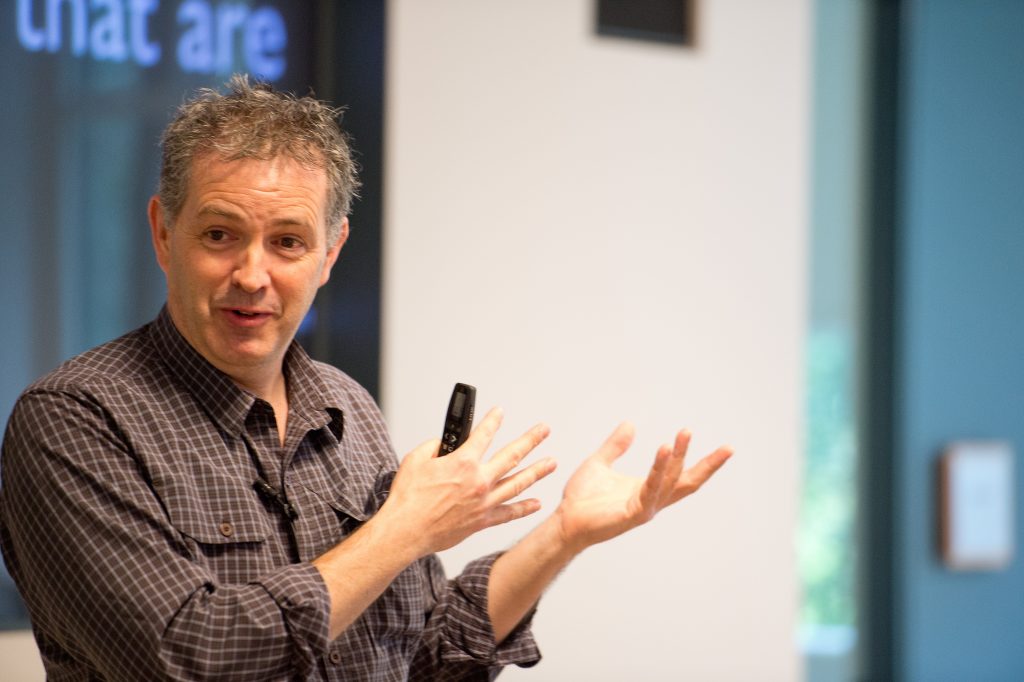University of Westminster
309 Regent Street, London W1B 2UW
General enquiries: +44 (0)20 7911 5000
Course enquiries: +44 (0)20 7915 5511
The University of Westminster is a charity and a company limited by guarantee. Registration number: 977818 England
В joycasino казино вас ждут захватывающие игры и щедрые бонусы. Регистрация занимает всего пару минут, а зеркало обеспечит удобный вход. Используйте промокоды для максимальных выигрышей.
